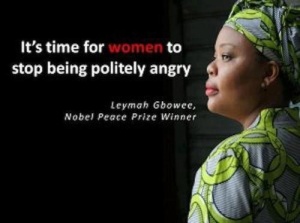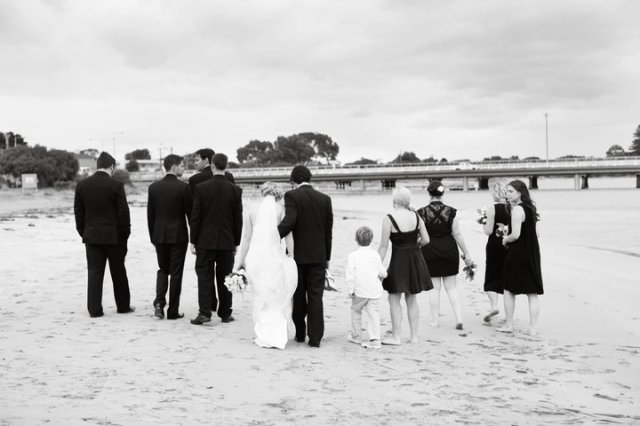This week we have a post by a fellow humanitarian health coach, Claire Higgins, on not just working with violence in a professional sense but also experiencing (and healing from it) on a personal level. This is not a topic that gets discussed often and certainly not in such an open and honest manner. On a professional level we can become numb by serving as witnesses to violence and not realize the consequences of this. Intertwined with this, on a personal level it can profoundly affect us in ways that are often unknown to us till much later. Claire’s story is an inspirational one of the turning points that lead us home.
Claire is a Humanitarian and Health Coach. She is also a Budokon Red Belt Sensei, Karate Black Belt, Women’s Yoga Teacher and Relax & Renew Trainer. She blogs about health, work and relationships, stress, trauma and resilience, war, violence and conflict, and the turning points that lead us home (www.flowandrestore.me).
————
It’s a cool and peaceful evening. For once, everything seems calm both within and around me. We’ve just spent the past hour swimming and hanging out in the sauna together, much needed time to reconnect after months apart.
As we walk uphill towards my home on mission, we approach a checkpoint to our left. He tells me to cross the road with him but I don’t hear until it’s too late. As we part ways, I saunter past the 3 soldiers, who seem oblivious to our presence, and he walks the other way. We reunite on the other side and it is only then I realize what he said:
‘’Why didn’t you cross with me?!” he demands.
His face looks like thunder and I know what this means, I just don’t know where the next move will come from. I freeze for a moment and then suddenly, he swings the plastic bag of hardback books he had bought earlier that day into the back of my head with full force.
I stumble forwards in shock for a moment, then as I regain my senses give him hell. I know how to answer back, to shout and stand up to him. As a black belt martial artist, I usually know how to defend myself. It would take almost another two years for me to stand up for myself and leave.
The past four years have been a gradual process of healing for me, from the violence I was a part of growing up, the violence I witnessed in the field, and the violence I experienced in my 9-year marriage and relationship.
I don’t fit the typical stereotype of a ‘’violated’’ woman. Yes, I saw things I wish I hadn’t as a young girl. Yes, I was raped as a teenager. And yes, my ex-husband was emotionally, physically and mentally abusive towards me. But none of this looked like Hollywood drama, I never broke down, and most of it happened in very matter-of-fact ways that I quickly picked myself up from. Or so I thought.
What makes the story a little odd is how I was repeatedly drawn to situations of violence with such little awareness. I started my humanitarian field work as an interpreter with the ICRC, translating in prisons, later working as a prison delegate. Like most ICRC staff, I dealt with the evidence of torture, death and other atrocities head on.
In between missions I specialized in violence during my Masters degree, then went on to work with other agencies like the IFRC, UN, smaller refugee organizations, and more recently, MSF. I moved from protection to prison reform, media and communications.
Personal and professional experience has taught me that health is really all we and our so-called ‘’beneficiaries’’ have. Without our mental, physical and emotional health intact, living becomes so much more complicated, draining and exhausting both us and our immediate communities.
A few years ago, I realized that the intertwining of my own and the field stories I witnessed had to be unraveled. I lived and breathed violence so deeply within my own system that it was easy for me to work with it in the field. If work appraisals are anything to value, all of mine were either ‘’excellent’’ or ‘’very good’’. I didn’t know how to do a bad job when it came to suffering.
Although I took time out in between each mission, I could only ever switch off for a week and then I would return to survival mode. I would transfer my inner anxiety to a job-hunting process, to mastering a new skill, to numbing out. Looking back, I wasn’t an easy partner to have and neither was he. We didn’t have the life skills to support each other and not staying in one place to deal with it made it so much worse.
And so after realizing my marriage couldn’t continue, we separated, divorcing two years after that. The strain of managing a long-distance relationship between two people who had had their fair share of violence in the past had become impossible (my ex-husband’s story is his own, but I can say it was certainly worse than my own).
I am one of the many divorced aid workers whose marriages didn’t survive the field. While it saddens me at times that I have seen and experienced so much violence, and experienced my own losses along the way, I don’t have any regrets. I know it is a cliché to say this but I honestly would not have the level of compassion and understanding for life I now have without all that has happened.
Violence in our own relationships is complicated. In my experience, it usually begins with unresolved violence within ourselves. Not all of us have to have encountered trauma or witnessed atrocities in the field to be affected at a deeper level. In many ways, the day to day stresses and strains of field work can have just as much an impact on our personal lives.
I am now a certified martial arts and yoga teacher, and have recently qualified as a health coach. On my last mission to a hard-duty station, where movements were restricted (no walking, frequent curfews), I taught classes up to six times a week to both local and international students. All brought layers of trauma and inner suffering with them to class and together, we found ways to silently release them in community.
These days I find myself in a much easier duty posting where I can move freely. Coming here was part of a conscious decision to come home to myself. I am now studying global health policy and in my current role at MSF, learning more about how war surgery and reconstructive care for those who have survived bombings can be integrated with psychosocial support and physiotherapy. We need to treat the whole person in our work, including ourselves and our own families.
At some point in our aid or development work, we will need to make sense of it all. Why we are here, what we need to process, and what our purpose in life really is. I believe we all have a destiny and that consciously or subconsciously we will find a way to live this out. Finding the strength and commitment to live a conscious life is the first step to creating the space for us to hold all of it, the good and the bad, the difference we made, and the many times our efforts have fallen short.
I believe we all pay a price for the work we do, we can only hope that what we take away at the end is worth all we have given. For myself, this has certainly been the case.


